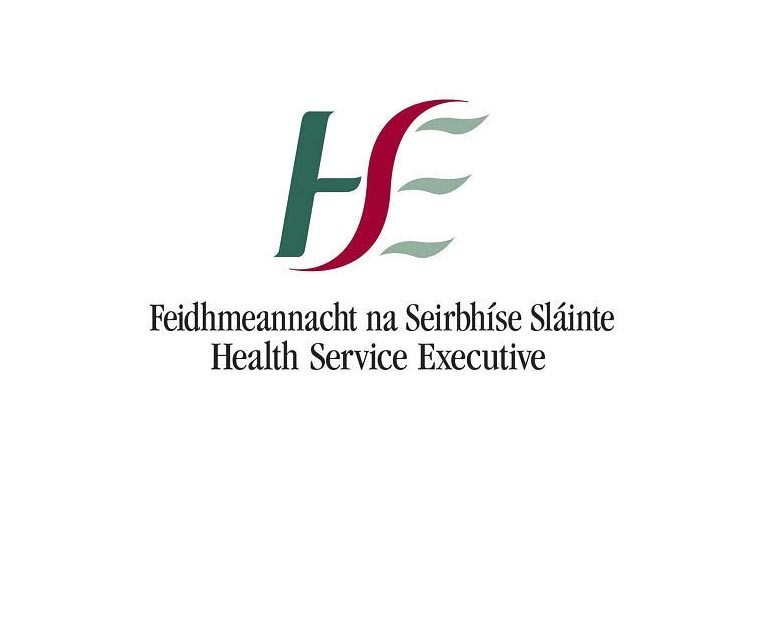
The HSE is offering a catch up opportunity for the HPV vaccine in the coming weeks as immunisation teams return to secondary schools to provide the second dose to girls in first year.
Stressing the importance of ensuring that all those eligible for the vaccine received it, Dr Brenda Corcoran, Head of the HSE Immunisation Office said today:
“It is not too late for girls in first year of second level school who missed out on the first dose of the HPV vaccine in September 2016 to get vaccinated with this life saving medicine. All girls who missed out on their first dose of the HPV vaccine will be offered the vaccine again in March when vaccination teams visits schools around the country.”
Dr Corcoran emphasised that: “HPV vaccine protects against cervical cancer and saves lives. Cervical cancer is the fourth most common cancer in women worldwide. Each year in Ireland around 300 women are diagnosed with cervical cancer and 90 die from the disease. Furthermore every year over 6,500 Irish women are diagnosed with precancerous abnormalities of the cervix caused by HPV and need hospital treatment. All cervical cancers are linked to high risk Human Papillomavirus (HPV) types.”
All national and international scientific and regulatory bodies recommend HPV vaccine including:
– World Health Organisation (WH0)
– Centres for Disease Control and Prevention (CDC) in the US
– European Centre for Disease Control and Prevention (ECDC)
– International Federation of Obstetricians and Gynaecologists (FIGO)
– American Society for Clinical Oncology
– CervicalCheck in Ireland
The vaccine is already known to reduce cervical cancer developing. Australia was one of the first countries to introduce HPV vaccine in 2007 and the vaccine has already prevented one in every two cervical cancers and they have seen a decrease of up to 75% in rates of pre cancer of the cervix over the last ten years. Similar results have been reported from Sweden and Scotland.
Stressing that the vaccine was safe, Dr Corcoran added: “You may have heard stories that the HPV vaccine is unsafe and causes harm. This is simply untrue. Over 220,000 girls in Ireland have safely received the HPV vaccine, along with 100 million people worldwide in countries like the United States, Canada, the UK, Australia and New Zealand. Not one of these people anywhere in the world has been medically proven to have had a long term side effect from getting the vaccine.”
Dr Corcoran emphasised the importance of accessing accurate and scientifically based information for parents and girls. She noted: “Please take the time to visit www.hpv.ie for a wide range of information including videos and fact sheets about the vaccine, how it saves lives and its excellent safety record.
“Many parents are genuinely afraid to consent to HPV vaccination because of the stories they have heard about the safety of the vaccine. Despite the scare stories, there are no ‘alternative facts’ that stand up to even the most basic medical or scientific scrutiny.
“Unfortunately, there are some naturally occurring conditions that can make teenage girls unwell, but WHO and every national regulatory body in the world have said 100% that the HPV vaccine does not cause any of the alleged long term conditions. In fact, international studies have found that the alleged side effects are just as common in people who have never received the HPV vaccine at all. The regulatory authorities in the US, the UK, Australia and Ireland report that the overwhelming majority of side effects seen are mild conditions commonly seen when you vaccinate teenagers.”
“Like Ireland, every one of the many countries implementing HPV vaccination programmes is doing so in the best interest of their citizens, to maximise health, prevent disease and prolong life. Around the world, a failure to implement a HPV vaccination programme is considered to be a withholding of potentially life‐saving preventive treatment.”
For further information please visit: hpv.ie

